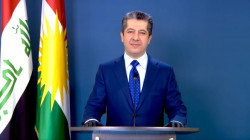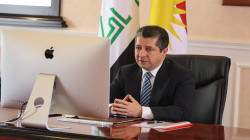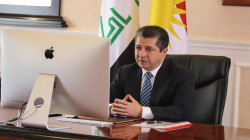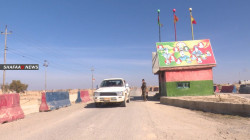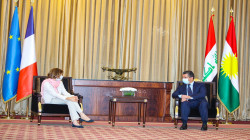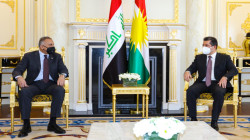Kurdistan's PM Strives for Financial Agreement with Federal Government
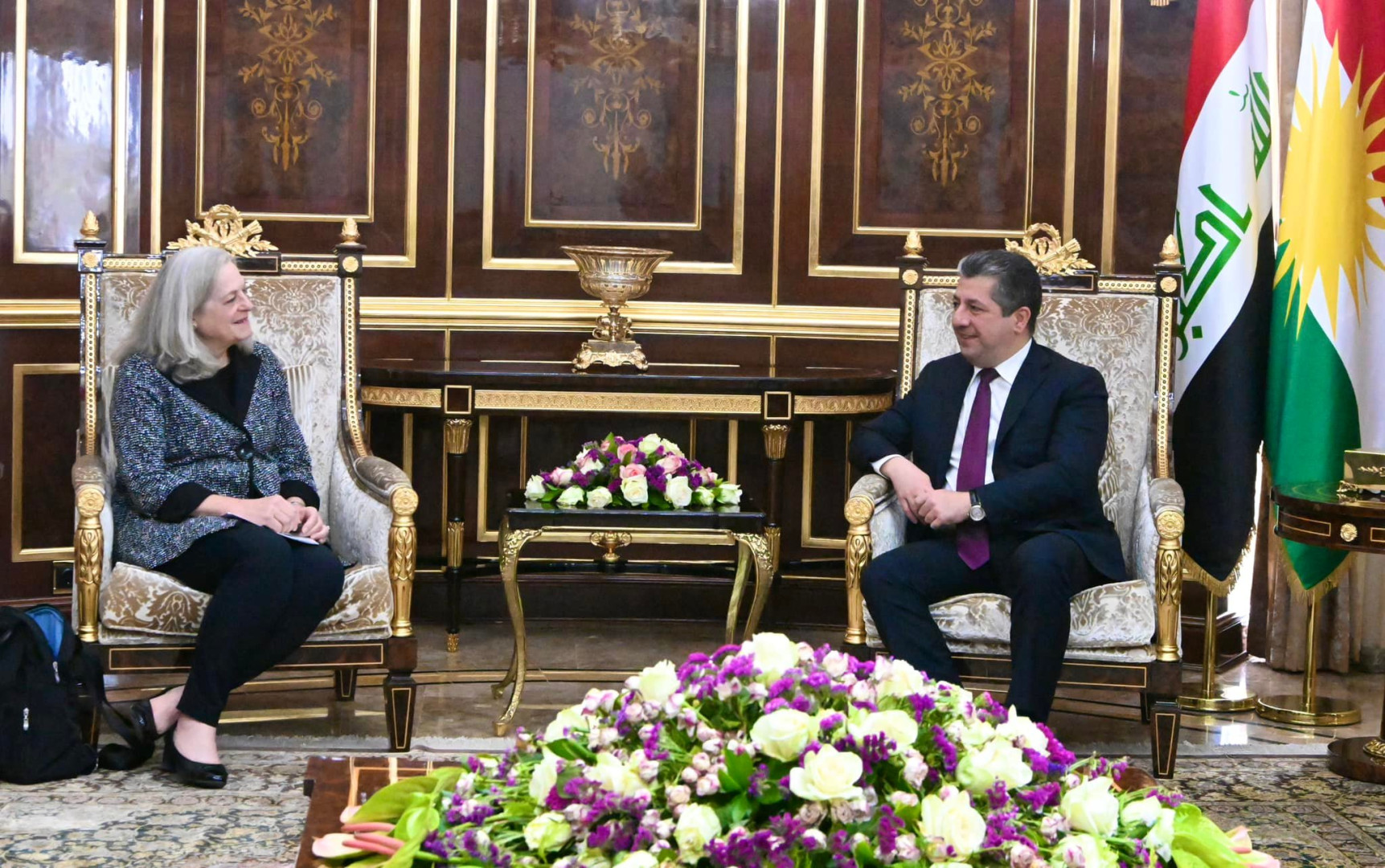
Shafaq News/ On Thursday, Kurdish Prime Minister Masrour Barzani expressed the government's commitment to reaching an agreement with the federal government on allocating the Kurdistan Region's share of the country's general financial budget.
During a meeting with the US Ambassador to Iraq, Alina L. Romanowski, Barzani emphasized the importance of upholding constitutional provisions, stating that the Kurdish government is dedicated to protecting the rights and financial entitlements of the Region.
The meeting, attended by US Consul General in Erbil Irvin Hicks, aimed to address issues between the Kurdistan Region and the federal government under the constitution and respect for agreements.
Additionally, both parties agreed on the urgent need to conduct elections for the Kurdistan Parliament, highlighting their shared commitment to the democratic process within the Region.
Today, an insider revealed that Iraq's legislative body was compelled to reschedule a pivotal budget vote from its original Thursday morning timeslot to the evening.
This delayed vote represents an attempt to break the six-month-long impasse in which the Iraqi budget has been ensnared owing to political wrangling over the budget's stipulations.
Despite the delays, a sense of optimism pervades certain political factions who hope that continued meetings and dialogue will eventually break the stalemate, culminating in the approval of the suspended budget.
Significantly, the budget in question extends its fiscal plan from 2023 to 2025, indicative of Mohammad Shia al-Sudani's Cabinet's long-term economic forecasting. The original date for its ratification was set for Thursday, June 8. However, the procedural disagreement over amendments has hindered progress.
In an illustrative example of the contentious nature of these amendments, a provision that previously demanded the Kurdistan Region to export a minimum of 400,000 barrels of oil daily has now been revised. The parliamentary Finance Committee voted for the change, which now stipulates that the Region should instead surrender the quantity mentioned above of crude oil to the Ministry of Oil for either exportation via the state-owned SOMO company or for local consumption within Iraqi refineries.
Those modification has not been received without protest. The presiding authority and government of the Kurdistan Region have voiced their discontent over the alterations made to the region-specific clauses in the budget. Their grievance lies in their belief that these changes contradict laws, constitutional provisions, and pre-established agreements between Erbil and Baghdad. These agreements served as the foundation for establishing the incumbent federal government under al-Sudani.
Adding to the chorus of dissatisfaction, the President of the Kurdistan Region, Nechirvan Barzani, expressed his "deep concern" about the changes he perceives as affecting the constitutional rights of the Kurdistan Region in the federal budget bill, decisively rejecting them.
Masrour Barzani mirrored this sentiment denouncing the changes to the federal budget bill by the Parliamentary Finance Committee as a breach of a prior agreement with al-Sudani and his government. He stressed respect for the terms of the foundational deal between Erbil and Baghdad.
The Parliamentary Finance Committee had earlier voted in favor of obligating the Kurdistan Region to reimburse 10% on a monthly basis of the deducted salaries of its employees. This has been included in the budget amendments currently being deliberated upon.
